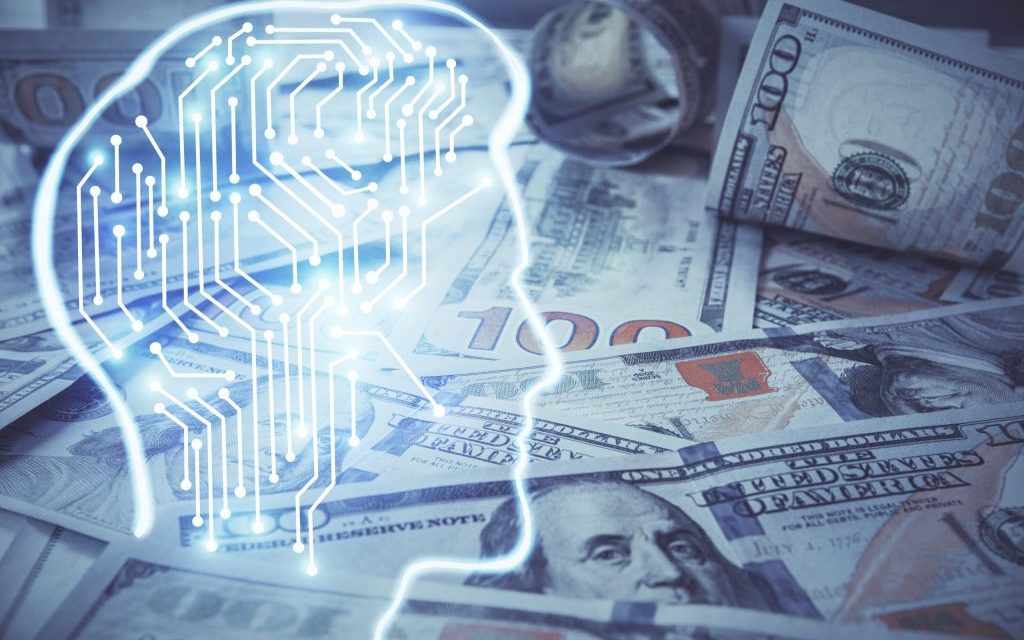
Photo: peshkova via 123RF
As AI and machine learning become more a part of our daily lives, we can expect to see them impacting a greater number of the things we do. One big area that has been incorporating AI into the way they do things is the financial sector. But what does this mean for you? How is it going to impact the way you spend, save, and invest? What are the potential risks and pitfalls involved in machine learning? In this article, we’ll break down what you need to know about how AI will impact the financial world in the near future.
How AI Will Impact Your Spending and Budgeting
If you’re looking for an area where AI can have a significantly positive impact on your day-to-day life, this is it. Machine learning provides a fantastic way to help you budget, save, and curb your excess spending.
How does it work? Apps like Simplifi link to your bank account, monitor where you’re spending, break it down, and sort your spending into categories. From there, the algorithm takes over and can help you set spending goals, create spending plans, and find all the unexpected places where your money is going that you might not realize.
The predictive nature of machine learning means it can anticipate potential pinch points where money is tight and recommend cutting back on spending during those times. It can also help you save money to keep those tight times a little less snug on the budget. It can tell you how much money you should put away so that you’re still living comfortably but have money for emergencies or things you want. 
Photo: stgrafix via 123RF
How AI Will Impact Investing
Investing is always a risky endeavor for seasoned stock market players. The market’s volatility and unpredictability mean that even the surest of sure things come with some risk attached.
That’s where AI comes in. According to Tobias Adrian of the IMF, generative AI is expected to improve efficiency, provide significantly better data, and even improve compliance with regulation.
Because AI allows many procedures and tasks to be automated, it enables you, as the investor, to keep up with the ever-shifting and changing market by taking in massive amounts of data, analyzing it, and presenting it to you in a way that you can easily understand. This allows you to make more informed decisions faster so you don’t get left behind.
But AI doesn’t just help you; because it can track so much data at once, it’s much better at identifying market irregularities and flagging them, allowing regulators to pinpoint their investigations. This helps to keep your money safer on the market.
The Risks Associated with AI in Finance
As with any new technology, the addition of AI and machine learning to the financial sector comes with a fair number of risks. Anytime you’re giving your banking or investment information to a new app or group, there is always a risk of a data breach.
AI can also be deployed maliciously by scam artists, who try to con you out of money in various ways, from deep fakes to false investment opportunities.
AI is also not a perfect means of analyzing the market. Errors in algorithms can lead to mistakes and miscalculations, which can cost you money if the information you’re using is flawed. On top of that, the market fluctuates and changes in ways that even the most powerful algorithms and computers in existence can’t fully predict.
Even with those risks, AI’s growth in the financial sector will have significant benefits — and those benefits will only increase over time.
The post AI in the Financial Sector: What You Need to Know appeared first on AFRO American Newspapers.










